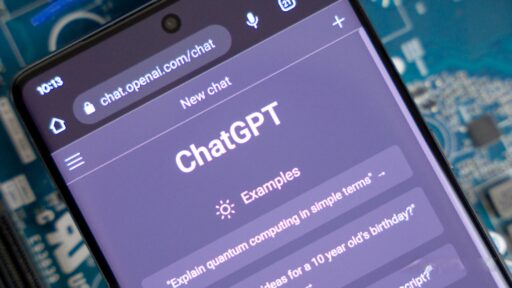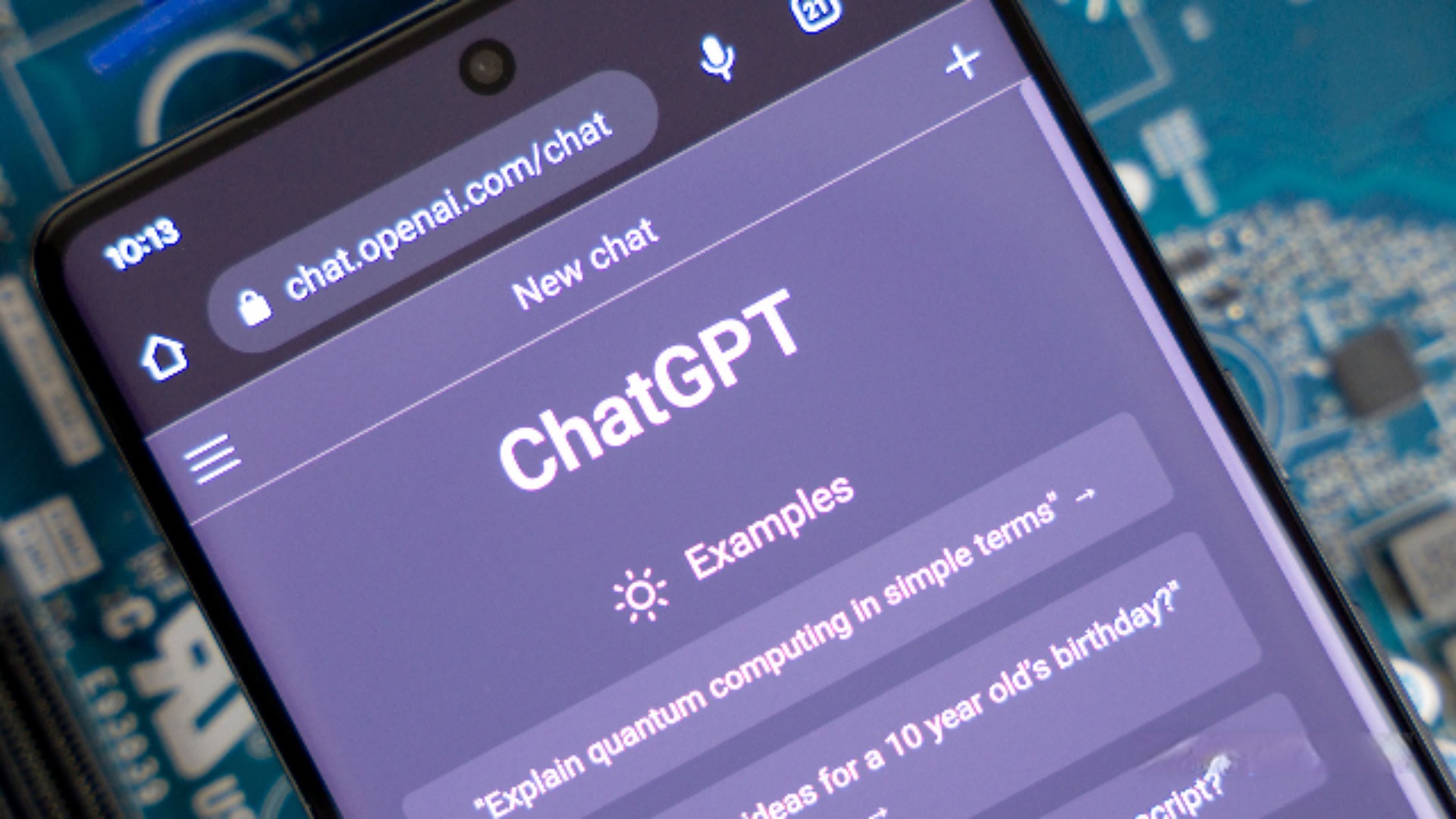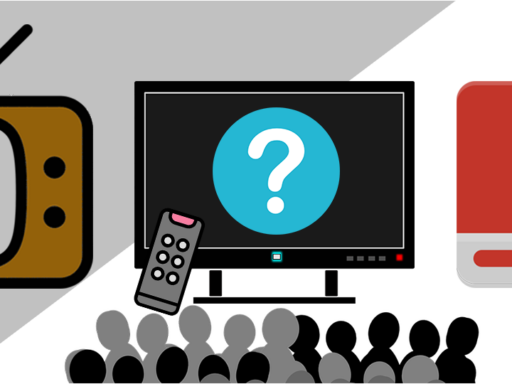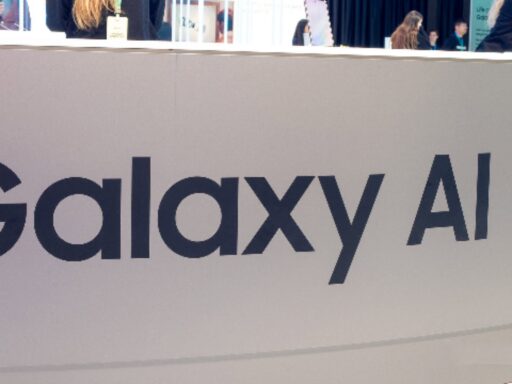When OpenAI launched ChatGPT, teachers worried kids would use it to cheat on schoolwork. Many tech firms have made AI detectors since then, but they haven’t worked very well. Now OpenAI has a secret weapon – can it do better?
After ChatGPT came out, companies rushed to create tools that spot AI-written text. But their accuracy wasn’t great. Meanwhile, OpenAI quietly made a different detector, which they say is 99.9% accurate!
It works by adding hidden watermarks to ChatGPT responses. These don’t change the text for human eyes but can be detected. OpenAI has had this detector ready for over a year.
However, they’re holding off using it. Some worry it may upset ChatGPT fans. Others feel it’s important to prove that OpenAI supports honesty. Detecting AI cheating could help teachers, but may unintentionally hurt others too.
The watermarks could theoretically be removed. And if too few or too many people use the detector, it may not work long-term. OpenAI must balance these challenges to earn educators’ trust while caring for all users.
Only time will tell if they release their powerful detector. If done right, it could significantly curb AI-assisted academic dishonesty. But addressing all concerns will be key to ensuring it has the right impact.







